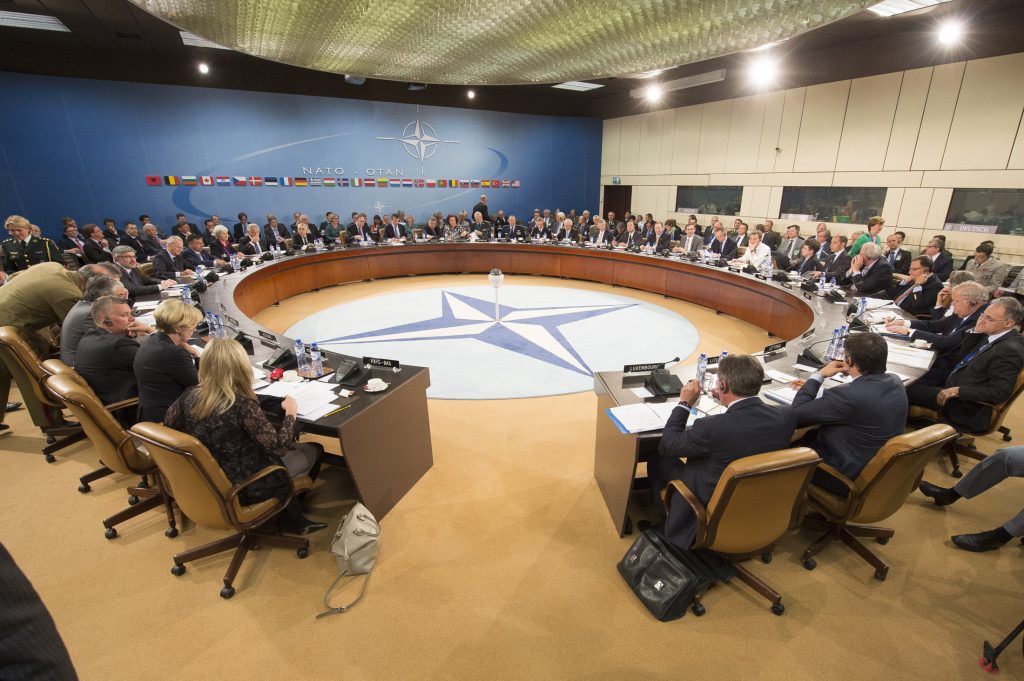
From Adrian Croft, Reuters: NATO ministers agreed on Tuesday to strengthen the organization’s cyber defenses but differed about how much NATO should do to protect smaller allies from potentially devastating hacking attacks. . . .
Defence ministers from the 28 allies agreed that NATO’s cyber defence capability should be fully operational by October, extending NATO protection to all of the dozens of computer networks owned and operated by the alliance, [NATO Secretary General Anders Fogh] Rasmussen said.
They have also agreed to establish rapid reaction teams to help protect NATO’s own systems. . . .
But there is disagreement about how the alliance should respond to requests for help from members that come under cyber attack.
Smaller countries with limited resources are keen to take advantage of NATO’s cyber defence capabilities and Rasmussen believes NATO should have a capacity to help.
But larger members, such as the United States, Britain, France and Germany, disagree. Since they spend large sums on cyber defence at home, they are reluctant to divert money to NATO activities that will largely benefit others.
"NATO must not replace the will of individual members to defend themselves in cyber(space) as in other areas," one NATO diplomat said. (photo: NATO)
Image: nato%206%205%2013%20defmin%202.jpg
